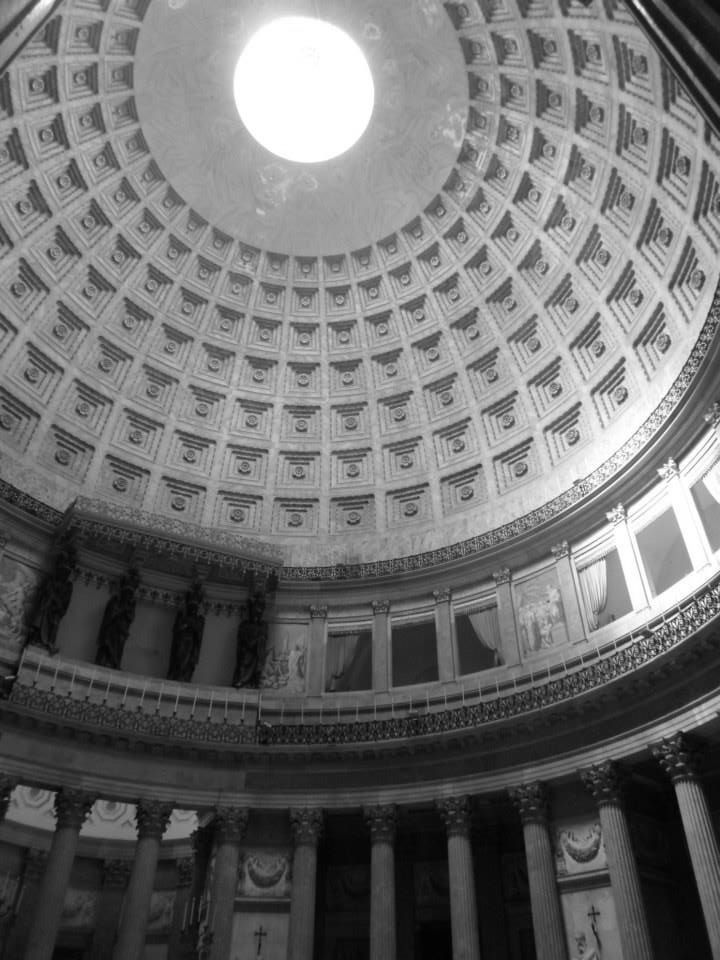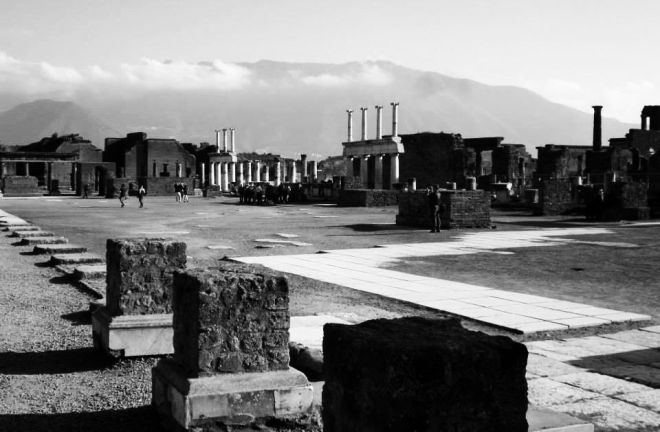
Synopsis:
Empires of Trust was published in 2008 during the low-point of the United States war in Iraq, and perhaps because of that war it sought to examine the evolution of American power in comparison with the Roman Empire. Ancient and medieval historian Thomas F. Madden goes into considerable detail propounding the complexities of Roman culture, and explaining how that empire emerged. Although Madden identifies many similarities between American and Roman civilizations he unexpectedly unmasks many more differences.
Excerpts:
“The U.S. military is larger than the militaries of all other NATO allies combined. American military bases are planted in many NATO countries, while no allied bases are in the United States at all. Yet, Americans will still insist that NATO is an alliance of equals, not a structure of an empire.
“Doubt among allies regarding the trustworthiness of the Empire of Trust is toxic. Americans cannot allow it and neither could the Romans. Hannibal understood that very well. As a result of the failure to defend Saguntum, Rome’s word already meant nothing in Spain – something that Roman envoys learned when they arrived to seek allies in the war against Hannibal.
“We believe that the normal human condition is peace, periodically disrupted by war. That illusion is the product of a large and historically rare superstructure built to keep lasting peace in existence. Without the perfect functioning of that superstructure, peace disappears.
“If it was truly the UN that was responsible for the growing peace, then the continued warfare in Africa makes little sense. UN missions to Africa are numerous. In truth, it is American apathy for the region that allows it to continue to remain violent, provided that the warfare does not affect American assets or security. Just as the Romans had only a passing interest in Germans or Celts outside of their empire, so Americans tend to ignore a sub-Saharan Africa that, while frequently in a state of crisis, poses no security threat to the United States or its allies.
“For some years the military strategy of the United States has included the ability to project significant power anywhere in the world. For the most part it has achieved that goal. These facts, in and of themselves, represent an extraordinary disparity in power. That is not to say that the United States has the power to fight the world and win. It does not. Nor does it need it. An Empire of trust only requires sufficient power to defend its allies and deter or punish aggression. In short, it must have ‘military strengths beyond challenge.’
*All excerpts have been taken from Empires of Trust: How Rome Built – and America is Building – a New World, Plume.





You must be logged in to post a comment.